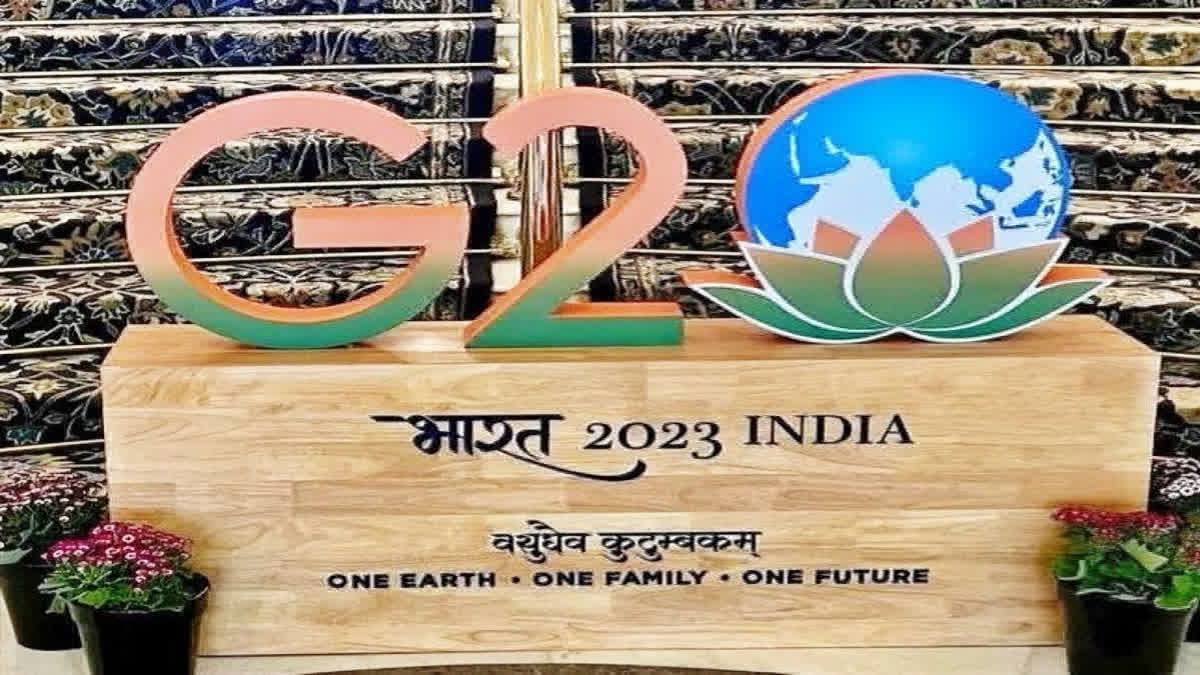New Delhi: Equations between G20 nations will now change after the Global South was made a part of the intergovernmental forum of the world’s 20 largest economies, Sanjay Verma, Secretary (West) in the Ministry of External Affairs, has said.
"We have taken a great initiative to bring the Global South to the G20 narrative,” Verma said while addressing a seminar on 'Current Trends in International Security and Foreign Policy' organised by Usanas Foundation, an Indian geopolitical and security affairs think tank, here on Wednesday. “We believe that G20’s equations with the rest of the world should not be unsustainable debt but should be demand-driven.”
Right from the very beginning, India had said that its G20 presidency would be a voice for the Global South. At India’s initiative, the 55-nation African Union (AU) was made a part of the G20 during the intergovernmental forum’s annual summit in New Delhi on September 9-10.
During India’s G20 Presidency this year, Prime Minister Narendra Modi emphasised integrating the priorities of the African nations, who form the majority of the Global South, into the Group’s agenda. The G20 comprises 19 countries and the European Union. Ahead of the G20 Summit, Modi had written to all the leaders of the member countries to make the AU a permanent member of the Group. This was accepted by all and the 55-nation bloc was included in the G20 on September 9.
After assuming the G20 presidency, India held a virtual summit of the Voice of the Global South (VoGS) in January this year. Around 120 countries attended the Summit that was held with the theme ‘Unity of Voice, Unity of Purpose’. Addressing the summit, Modi had said that the Global South have the largest stakes in the future.
Also read: G20 New Delhi declaration demonstrates India's ability to champion multilateralism: Amitabh Kant
“Three-fourths of humanity lives in our countries,” he had said. “We should also have an equivalent voice. Hence, as the eight-decade-old model of global governance slowly changes, we should try to shape the emerging order.” During his speech on Wednesday, Verma also said that India can help other countries benefit from digital public infrastructure (DPI) after having achieved success in this sector.
“DPI worked very well for us in political and economic management,” he said. “Now, we would like to see DPI as a global good.” In this connection, Verma referred to the Outcome Document released after the G20 Digital Economy Ministers’ Meeting held in Bengaluru last month. The Document acknowledged that digital divides, including the gender digital divide, are a considerable challenge for all countries, especially in developing and least-developed countries.
“Noting our deliberations to bridge the digital divides undertaken during the previous G20 presidencies, we reaffirm the urgency to accelerate inclusive digital transformation for all, especially for underserved groups and people in vulnerable situations,” the document stated.
Holding the G20 presidency this year, India is now pushing for a One Future Alliance (OFA), an initiative that aims to bring together all countries and stakeholders to synergise, shape, architect and design the future of DPI that can be used by all countries. The alliance will enable countries, especially from low and middle-income brackets, to learn from their experiences in harnessing technology to improve governance, and for social, economic, digital and sustainable development.
“Power today (in global geopolitics) is not defined by GDP alone,” Verma said. “It is also about technology, IPRs (intellectual property rights), trade and soft power.”



